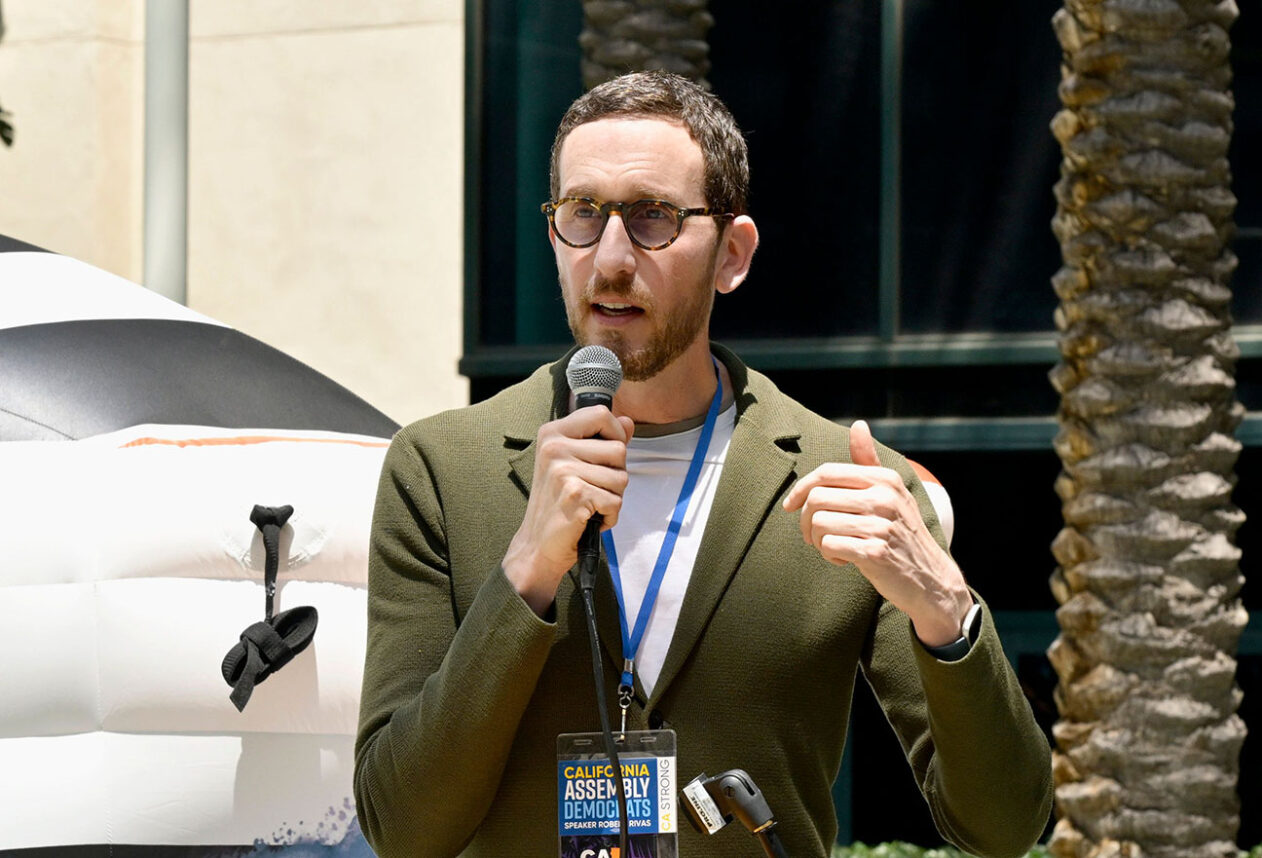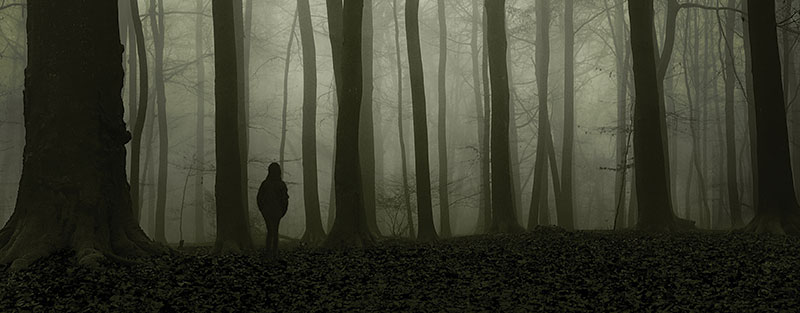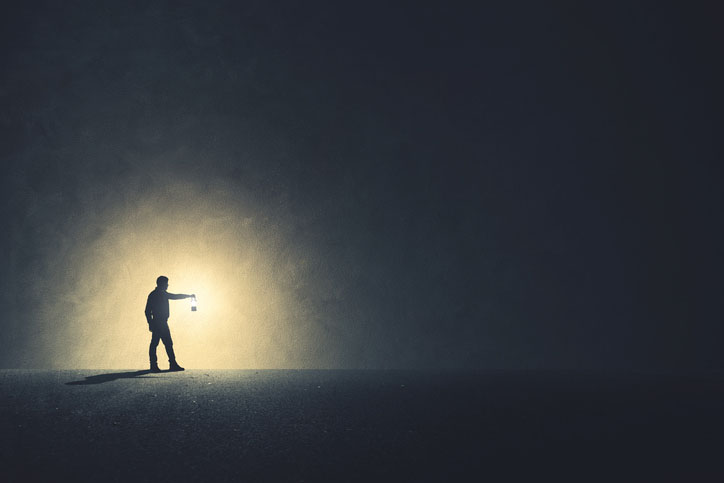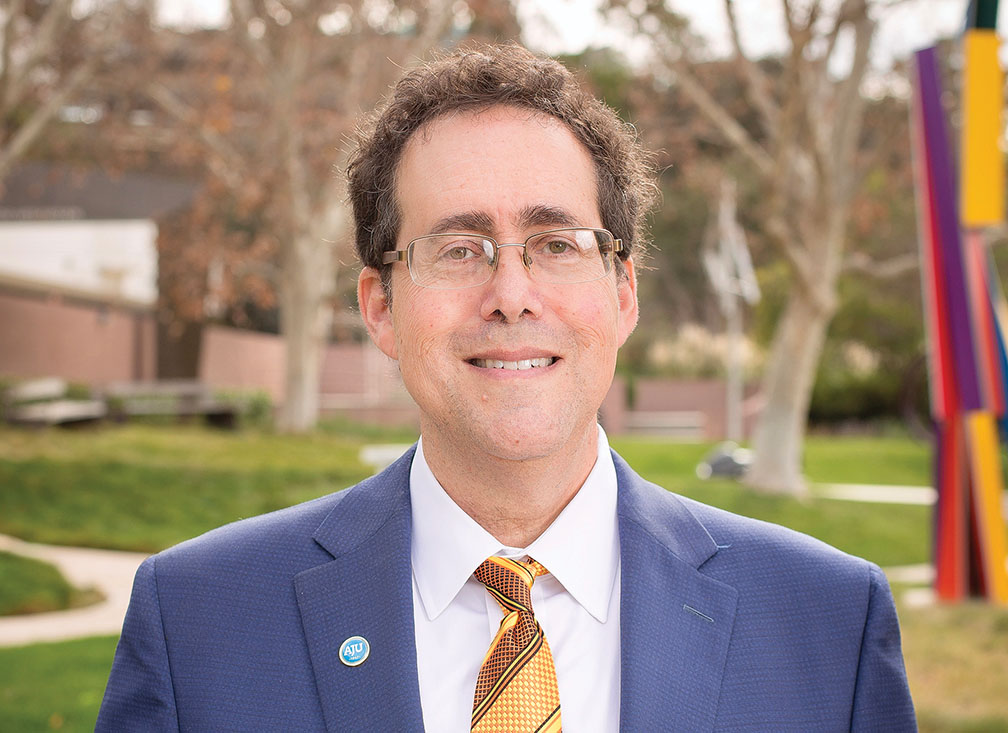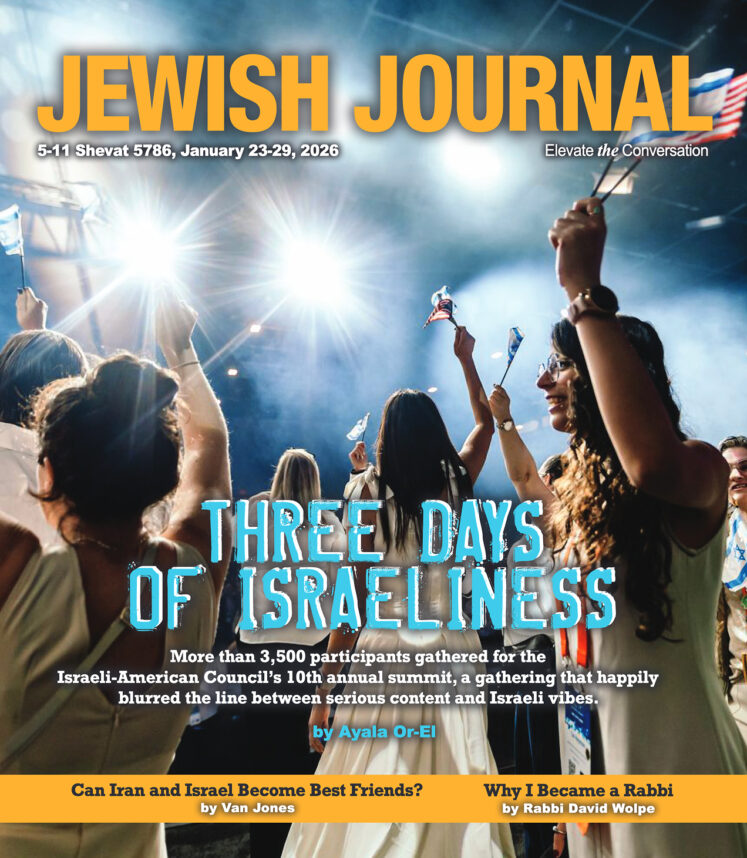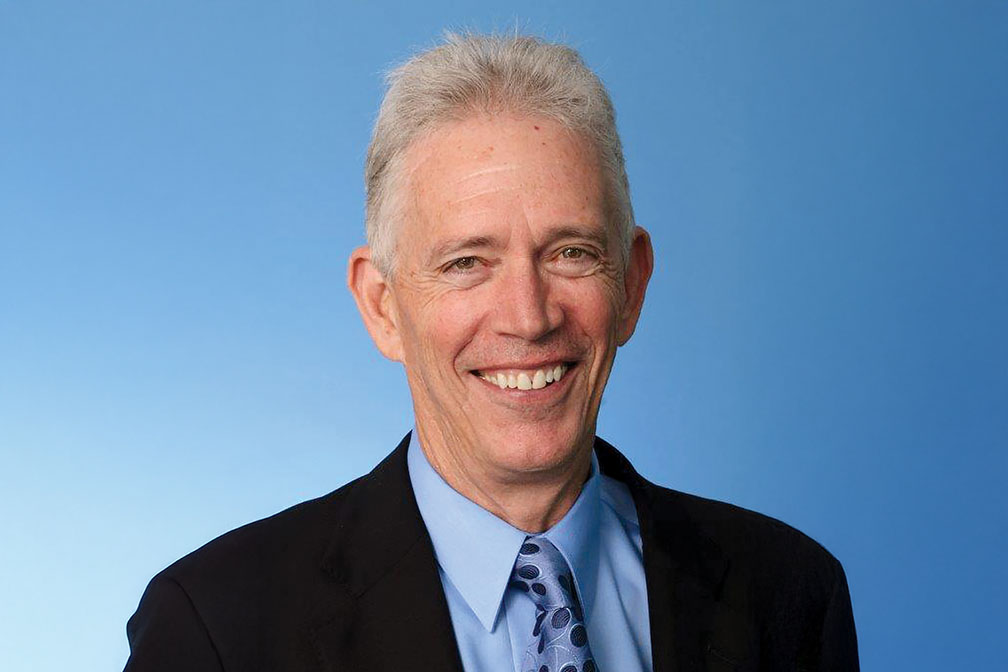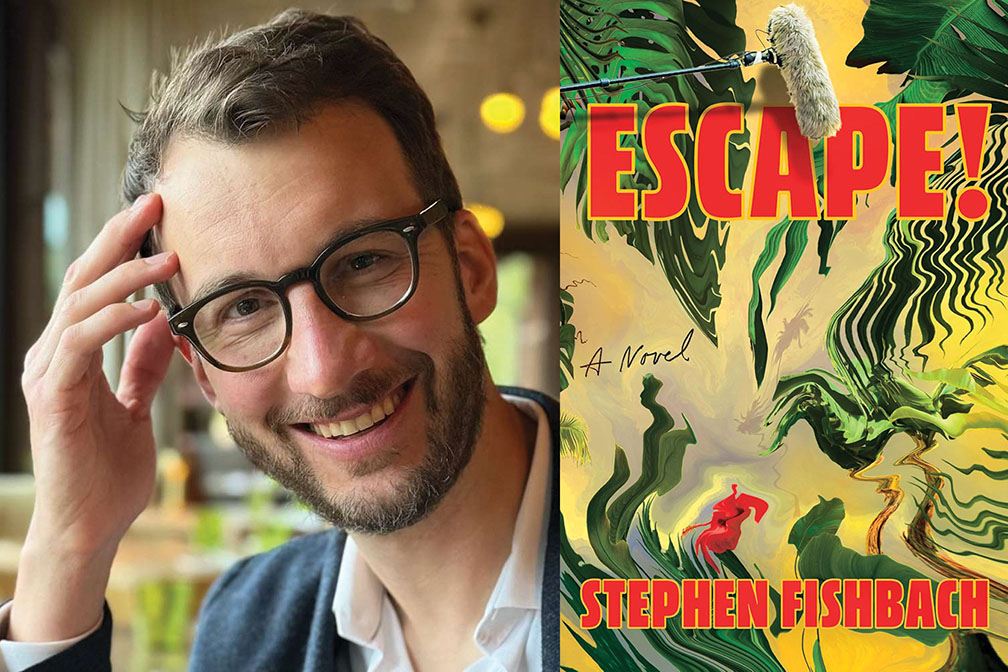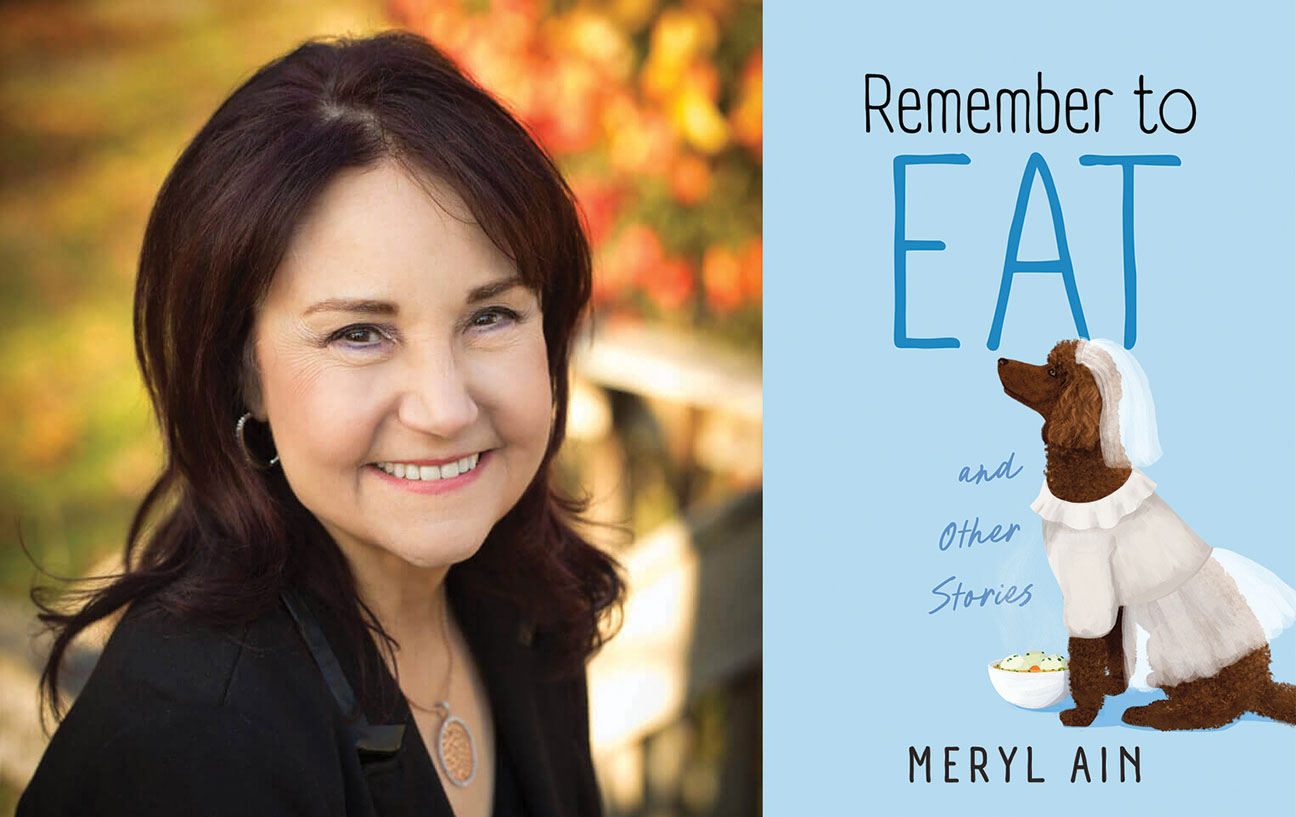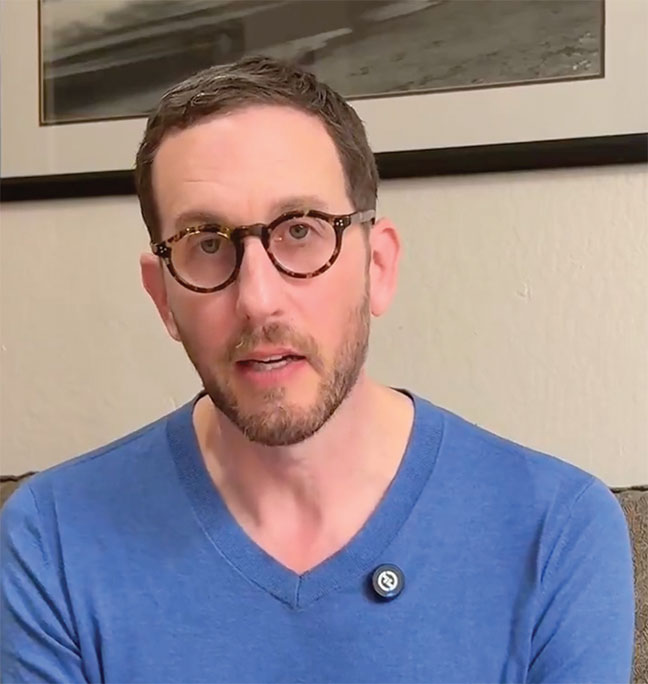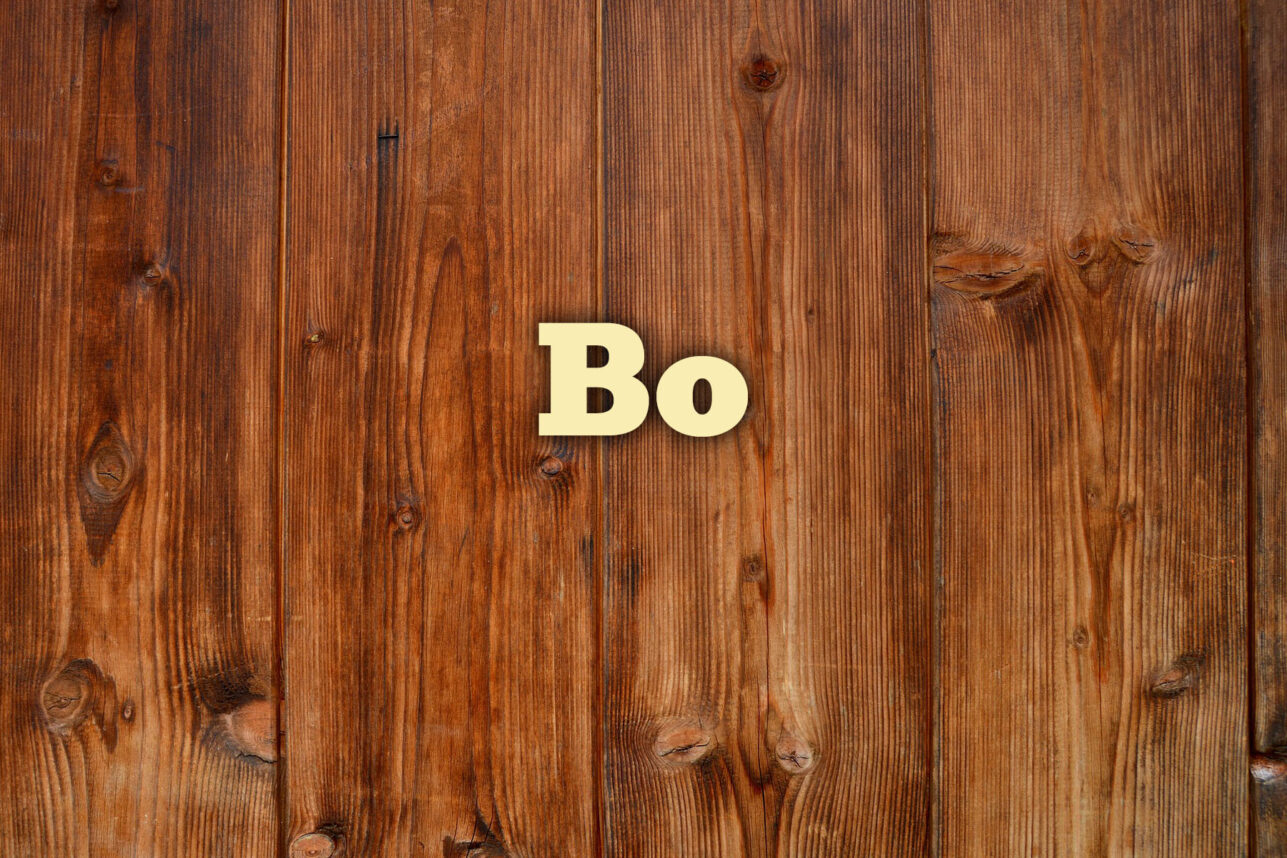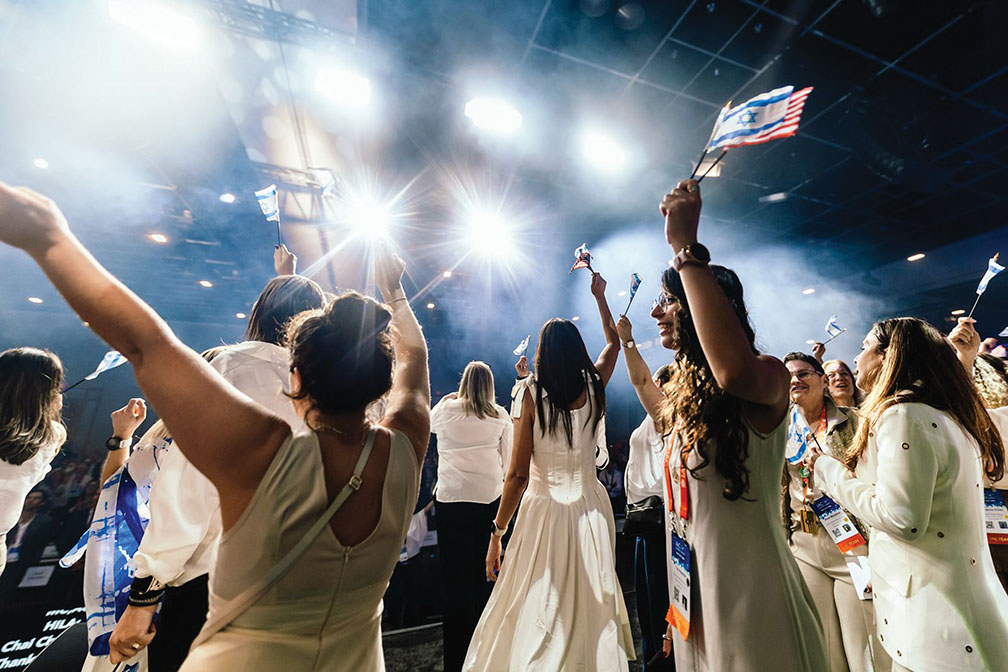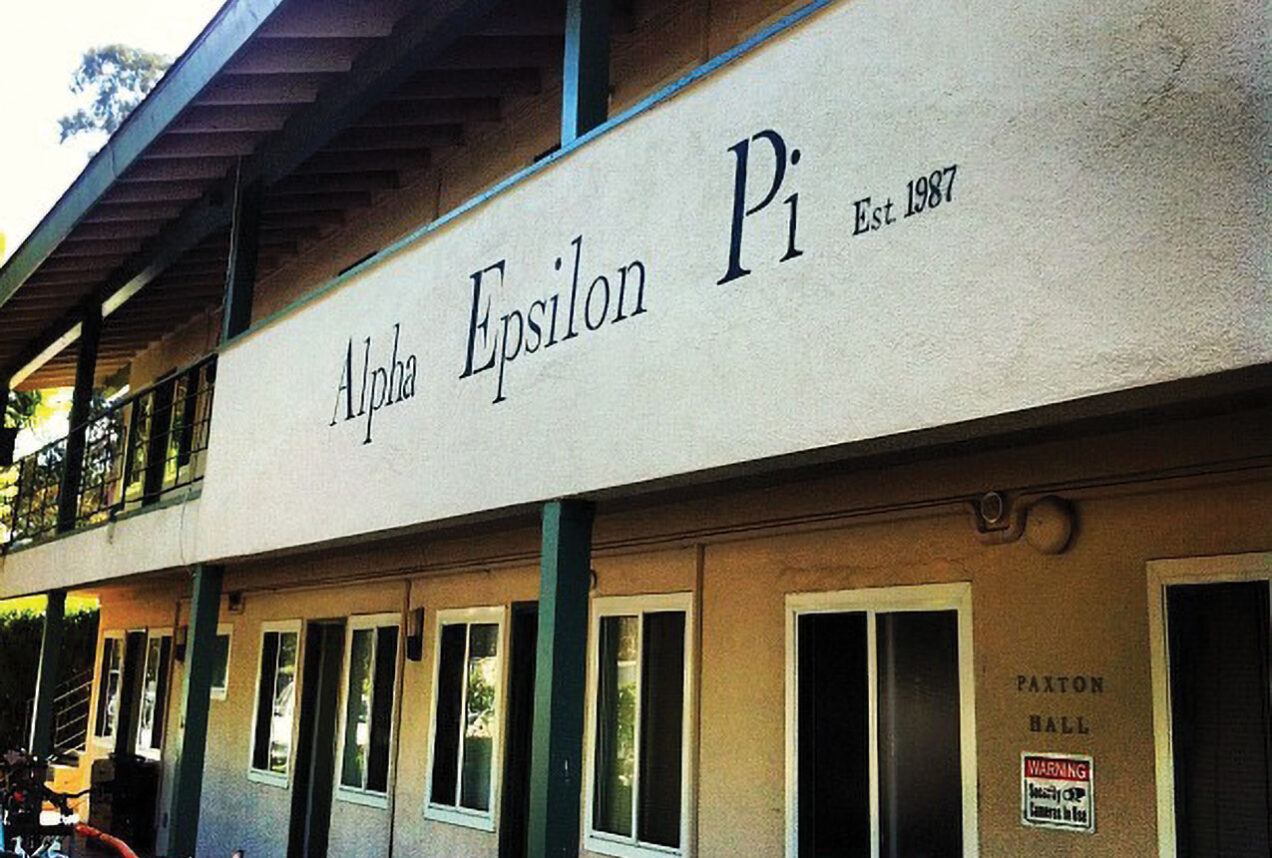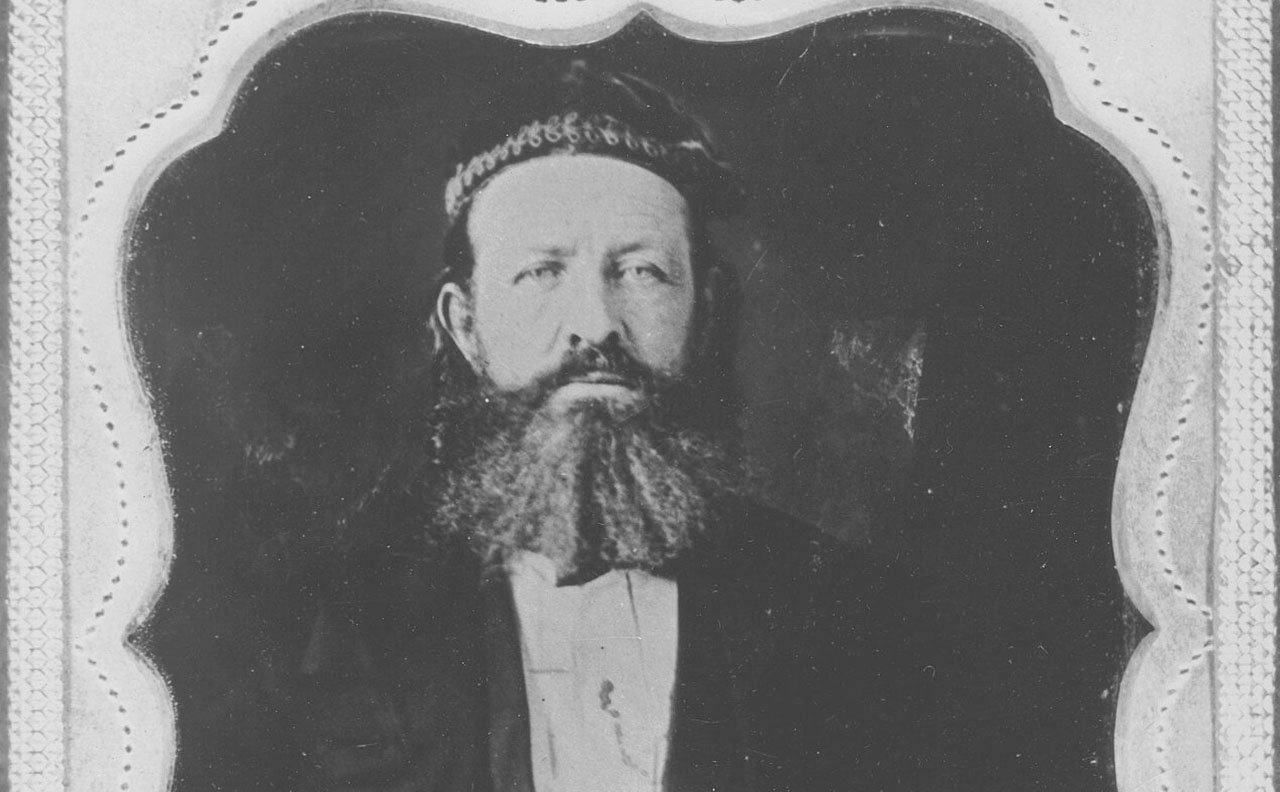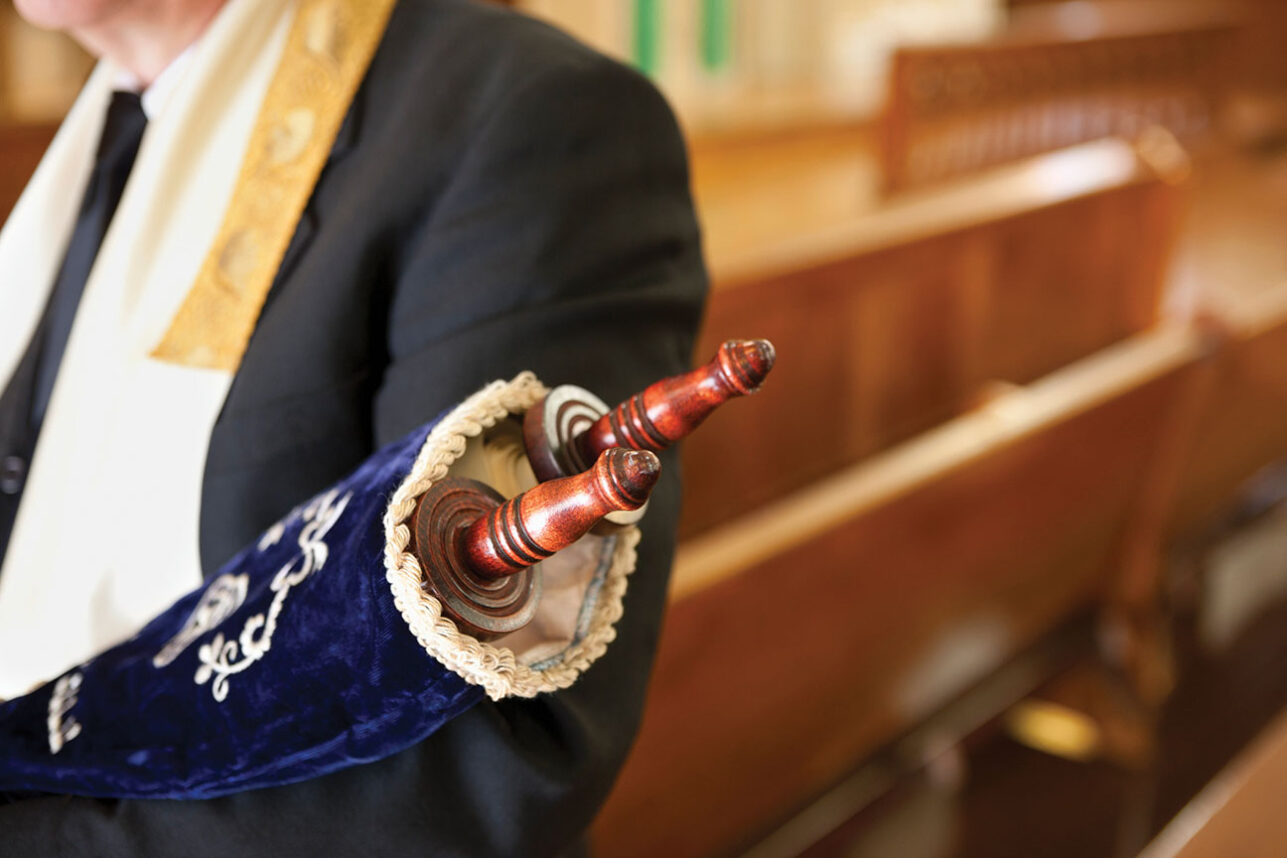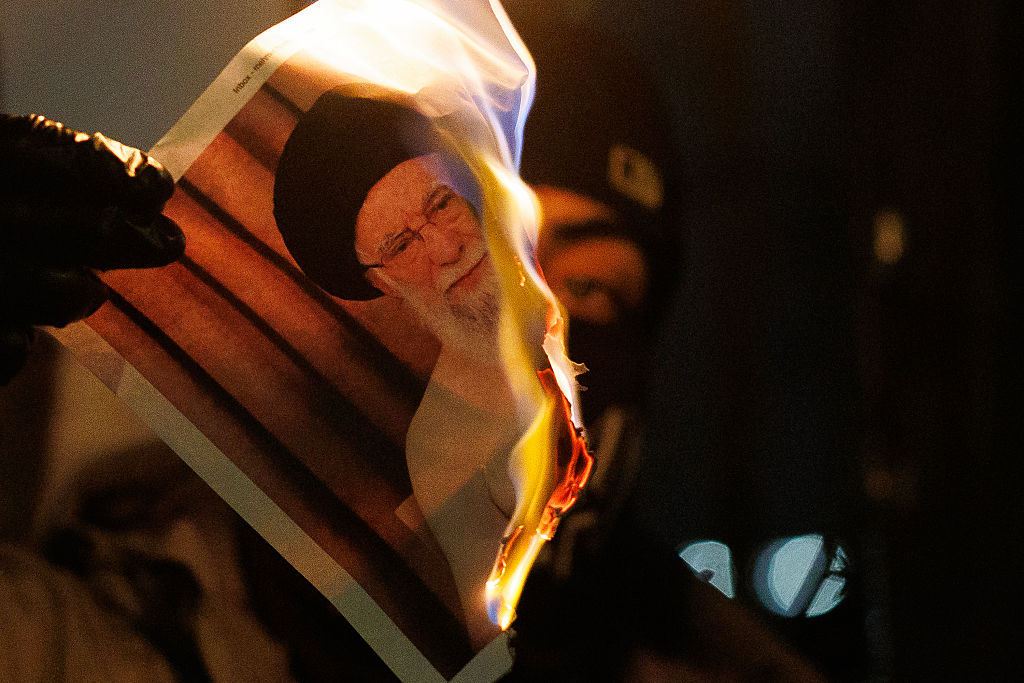
We are living in a moment when our collective focus should be on addressing historic racial inequities. Some suggest the phrase “Black lives matter” should be revised to “all lives matter.” But in making this statement, they miss the point regarding the present climate. “Black lives matter” does not mean, despite some pundits’ bloviations to the contrary, that Black lives matter more than other lives matter — just that the focus today is on Black lives, which, for some time, have seemed to matter less.
While it is our moral duty to focus on the racism that has plagued the Black community, it’s not the only form of hatred out there. Hatred and fear seem to be the twin flavors of the era. Hatred of others, violence against others, perpetrating lies about others, and the condoning of violence against others know no color, ethnicity or political creed. With the normalization of abusive language, the rise in conspiracy theories and the desensitization toward horrible, anonymous (and non-anonymous) statements online and in social media, we are in a dangerous time.
Certain statements and actions justifiably are quickly and harshly condemned. Sometimes, this rush to judge is taken to extremes. Anyone who has said something or done something — even decades ago — that casts doubt on his or her purity of conscience on race relations or gender discrimination runs the risk of being shunned. What often follows the disclosure of a past indiscretion is the “cancellation” of that person — the ostracization that brings about loss of status, loss of career and generalized shaming. Sometimes, even an opinion offered in a discussion can be enough to jeopardize a career. Many people who claim to be of a liberal mindset and value freedom of speech are the very people quick to be unforgiving and unyielding in their attacks on those whose views may vary — sometimes only a bit — from the acceptable orthodoxy.
The news is replete with stories of people being fired for taking positions, writing articles and attending events decades ago. As a people who claim to “forgive the sinner,” we don’t seem to be in much of a forgiving mood. This exercise in calling out others and punishing them — without trial, without context, without considering the totality of the person’s legacy — is wrong. Yet, as much as we seem poised with our fingers on a hair trigger when there is a past action that can be perceived as racist or sexist, there is a perplexing indifference toward the seeming acceptability of anti-Jewish statements.
It seems the passive acceptance of this historic prejudice may be due in part to a perception that Jews no longer are among the most oppressed. Perhaps other oppressed groups perceive Jews as having collectively achieved so much over the past century that Jews now are part of the “establishment.” However, don’t go suggesting that to the many who expound anti-Semitic hatred. To them, Jews, Blacks, Latinos and others always will be a “lesser” class of humanity.
As much as we seem poised with our fingers on a hair trigger when there is a past action that can be perceived as racist or sexist, there is a perplexing indifference toward the seeming acceptability of anti-Jewish statements.
Just as concerning is that the failure of non-Jews to call out anti-Semitism also may be reluctance to condemn the speaker because of his or her ethnicity or celebrity. Nation of Islam leader Louis Farrakhan, most notably, has been a proponent of some pretty vile stuff. Among the pearls emanating from his lips are comparisons of Jews to “termites” and calling Jews “satanic.” Farrakhan seems to have a free pass from some. Many influential leaders and celebrities in the Black community cite him and give him platforms.
The past month has brought out some anti-Jewish statements from a number of visible athletes and celebrities, some of whom support Farrakhan by name. This sort of stuff is vile, regardless of the speaker, and must be condemned. Thankfully — and laudably — some have recanted their remarks.
A lot of bad stuff recently has been said, such as:
• DeSean Jackson of the Philadelphia Eagles (wrongly) quoting Hitler: “White Jews will blackmail America. [They] will extort America, their plan for world domination won’t work if the Negroes know who they were.”
• Former NBA player Stephen Jackson saying DeSean Jackson was “speaking the truth,” then jumping in with his remarks that Jews “control the banks.” He later followed up by saying, “I don’t support Hitler, I don’t know nothing about Hitler and I could give a [expletive] about Hitler!”
• Rapper Ice Cube’s repeating comments, supporting Farrakhan, and republishing of anti-Semitic memes.
Then there are the lyrics to songs by Jay-Z (“Jews own all the property in America”) and 21 Savage (“We been getting that Jewish money. Everything is Kosher.”). When mentioning my concern with anti-Semitic rhetoric to a young friend, he responded that anti-Semitism isn’t the issue today; it’s all about fighting anti-Black sentiment. I disagree; it primarily is a time that should be focused on racism, of course. But it is never a time not to speak up against all brands of hatred, regardless of their sources.
Author Mitch Albom offers a great analysis of the woefully inadequate response to these statements in the Detroit Free Press article “Anti-Semitic Posts — and Tepid Reactions — Should Enrage Us.” I also recommend reading a great article, “The Anti-Semitism We Didn’t See,” in The Atlantic by Jemele Hill, providing a Black journalist’s view of these recent statements, pervasive “casual” anti-Semitic views in the Black community and her own reckoning with anti-Semitism.
Perhaps most heartening is the position taken by Kareem Abdul-Jabbar in his recent Hollywood Reporter column titled “Where Is the Outrage Over Anti-Semitism in Sports and Hollywood?” His sentiments were supported by fellow NBA Hall of Famer Charles Barkley.
Let’s all remember that the haters, when they are engaged in hate, are not concerned with color or religion; their hate is equal opportunity. Let’s also not forget that most folks who hate Blacks also hate Jews. Each group should be especially sensitive to the demonization of the other.
Just because people support racial justice should not insulate them from being held to the same standards of human decency and anti-bigotry as is demanded of each of us. Those who have been oppressed in history have a perspective that can be helpful to others experiencing discrimination and hate. Jews should support the movement to achieve greater justice for Black Americans because “we were once slaves of Pharaoh in Egypt.” We tell this story each year at Passover. If it is to ever have meaning, it must be remembered and lived in each era. The Black community is Elijah standing at our door, whom we must invite to our table. Their story is our story. And just as true is that our story is their story. It is a shandah for either of us to give fuel to those who seek to cause us harm.
We should look to history for examples of the oppressed helping the oppressed. In the midst of fighting for Black rights, Frederick Douglass was a notable supporter of women’s suffrage; Rabbi Abraham Joshua Heschel marched for civil rights even while anti-Semitism was rampant. I hope all leaders in the community — Black, Jewish, Latino, gay — in pursuing justice, utilize their important positions in the public square to help fight all hate and discrimination, even when emanating from their own community.
Glenn Sonnenberg is the former president of Stephen Wise Temple and is on the boards of The Jewish Federation of Greater Los Angeles, the Children’s Institute, Wayfinder Family Services, Bet Tzedek and Center Theatre Group.









